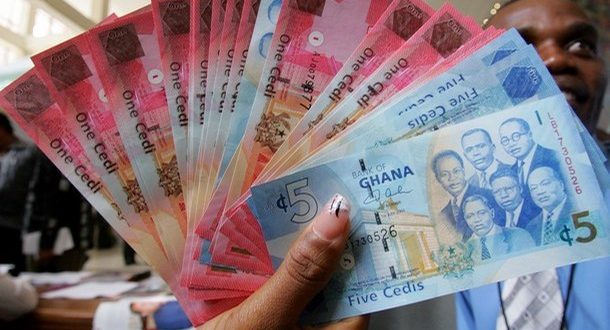The current direction of headline inflation and the monetary policy rate is impacting yields across the issuance spectrum, as interest rates on government bills have seen a slight decline, with investors expect a further fall.
According to data market updates published by the Bank of Ghana, since May 31, 2021, interest rate on the 91-day bill eased from 12.7 percent to 12.6 percent, while the 182-day bill reduced from 13.5 percent to 13.4 percent. The one-year note also fell from 16.4 percent to 16.3 percent. This means government interest payment on domestic debt will see a marginal reduction.
With the current decline in inflation to 7.5 percent in May, and the cut in the policy rate to 13.5 percent, Senior Economist with Databank, Courage Kingsley Martey, yields on government securities are expected to be further subdued.
“We believe there’s a sizable scope for spreads to tighten as yields fall across the front to the middle segment of the curve with investors bidding to take a position in medium-term securities. The longer end of the curve may not witness a significant drop as we perceive investors aversion to duration risk, given the sharp year-to-date decline in yields at the back end of the curve,” he said.
The finance ministry last Friday announced that government expects to borrow GH¢2.09 billion in fresh issuance from the domestic market to meet its financing requirements.
In total, the treasury expects to issue a gross amount of GH¢21.96 billion from June to August 2021, of which GH¢19.86 billion is meant to roll over maturing securities.
This, Mr. Martey said, will help loans to be refinanced at relatively cheaper cost: “The good news in all of these from the Treasury’s perspective is that new loans can be issued and maturing loans can be refinanced at relatively lower interest rates than they would have done at the start of the second quarter.”
Of the total amount to be issued, domestic portfolio investors will be able to buy up to GH¢13.05 billion in short-term government debt securities, comprising tenors of 91 days, 182 days and 364 days to be issued during the period, not open to foreign investors. The remaining securities of GH¢7.6 billion, comprising debt securities with tenors from two years up to 10 years will be made available to non-resident investors as well, who have dominated subscriptions of such medium- to long-term issuances.
The Chief Executive Officer of Republic Securities, Kow Sackey also said in an interview that the market’s expectations of further dwindling yields on the fixed income market are in correlation with the direction of policymakers (monetary policy) and where the spending economy is tilted toward (inflation).
Total amounts of GH¢11.2 billion, GH¢1.71 billion, and GH¢1.45 billion will be issued via auction for the 91-day, 182-day, and 364-day bills, respectively.
For securities with higher tenors, the government will issue them through the book-building method. Amounts of GH¢1.2 billion will be issued for the 2-year notes and GH¢1.8 billion will be issued for 3-year, 6-year and 7-year bonds, respectively. Treasury expects to issue a 10-year bond of GH¢1 billion.
Amounts of GH¢1.2 billion will be issued for the 2-year notes and GH¢1.8 billion will be issued for 3-year, 6-year and 7-year bonds, respectively. Treasury expects to issue a 10-year bond of GH¢1 billion.










